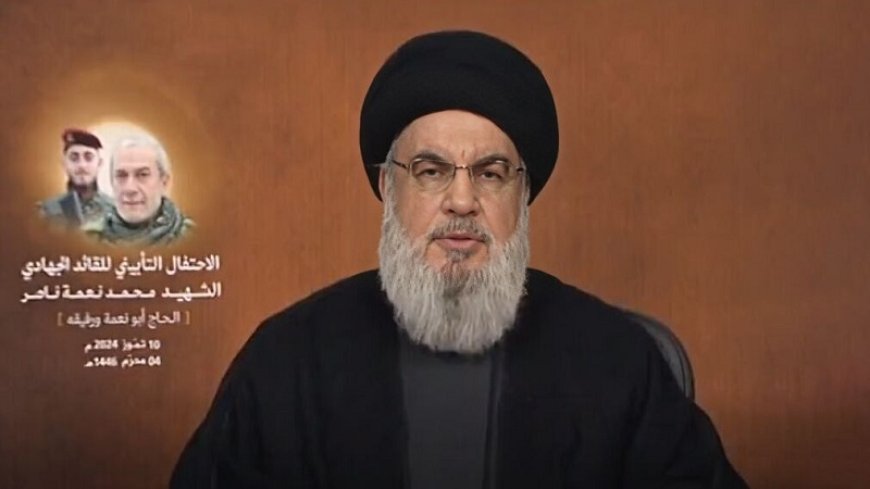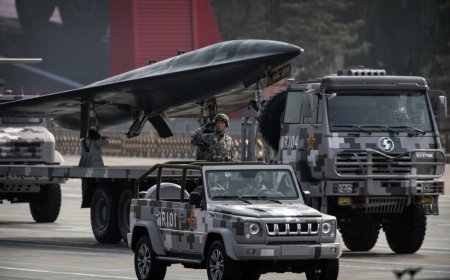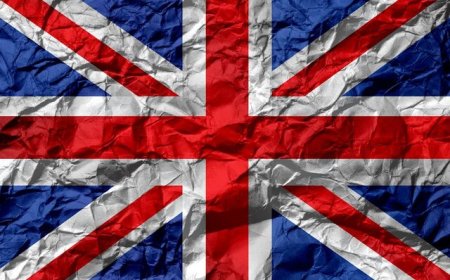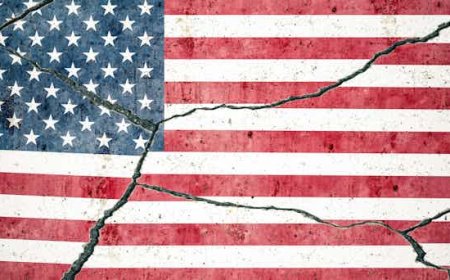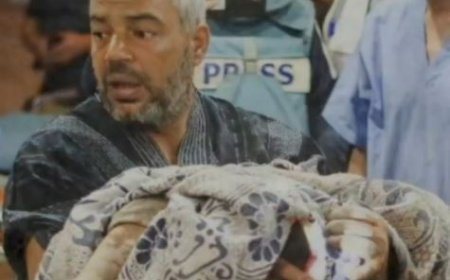Addressing supporters via the Al-Ahed news website, Nasrallah underscored Hezbollah's role in the "Lebanese Front for Support of Gaza," emphasizing its strategic objective to engage and exhaust Israeli forces on the northern front. He highlighted Hezbollah's efforts to disrupt Israeli military operations, citing the loss of surveillance equipment and the fear of infiltration by resistance groups as factors hindering Israeli maneuvers.
Nasrallah asserted that Hezbollah's ongoing resistance against the Israeli regime is yielding tangible results, evidenced by what he described as the erosion of Israel's military capabilities across various fronts. He stressed the interconnectedness of Hezbollah's actions with the situation in Gaza, implying that Israeli aggression in the south could only end with cessation of hostilities in the north.
"The Zionist enemy is currently experiencing the worst days in its history," Nasrallah declared, suggesting that Israel's military superiority is faltering under Hezbollah's sustained pressure. He called for an immediate ceasefire in Gaza and condemned Israel's attacks, asserting that Hezbollah no longer perceives Israel as a viable threat following its inability to neutralize Hamas.
In addition to regional developments, Nasrallah praised the stance of Iran's newly elected President, Masoud Pezeshkian, expressing solidarity with Iran's steadfast support for Hezbollah and regional resistance movements. Nasrallah interpreted Pezeshkian's election message as a reaffirmation of Iran's enduring commitment to the principles of Islamic Republic and its backing of Hezbollah's resistance efforts.
The speech comes amid escalating tensions between Palestinian factions and Israeli forces in Gaza, where clashes have resulted in significant casualties and widespread destruction. Nasrallah's comments reflect Hezbollah's strategic positioning and its ongoing commitment to challenging Israeli military dominance in the region.
As the situation continues to evolve, Nasrallah's remarks are expected to resonate across geopolitical circles, influencing regional dynamics and perceptions of Hezbollah's role in the broader Middle Eastern conflicts.
